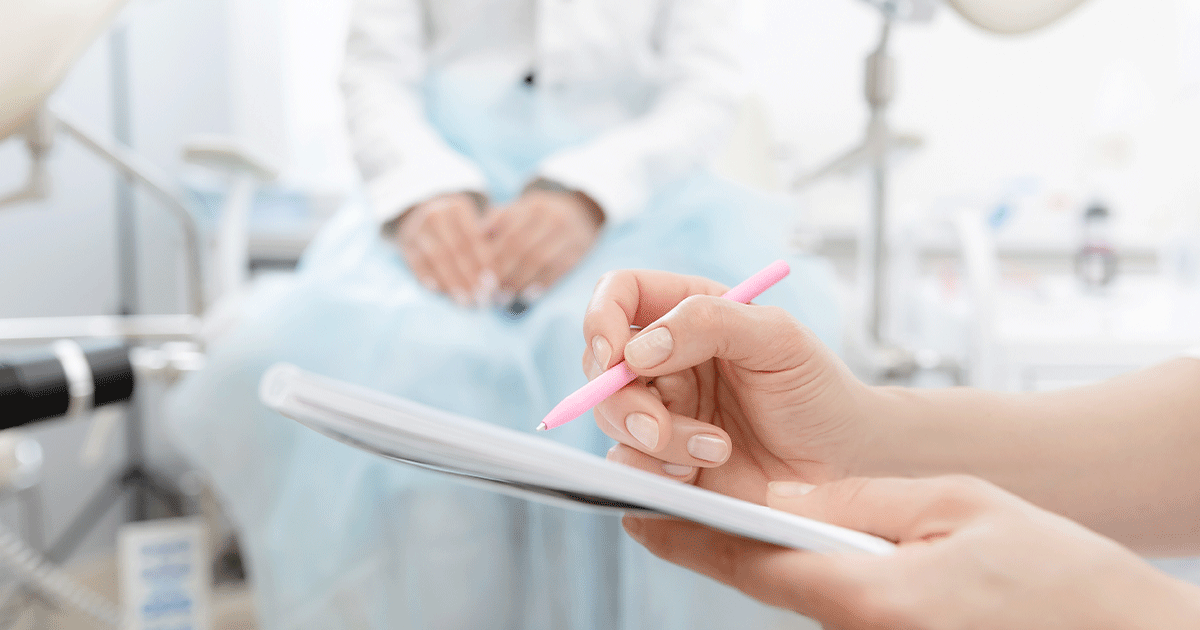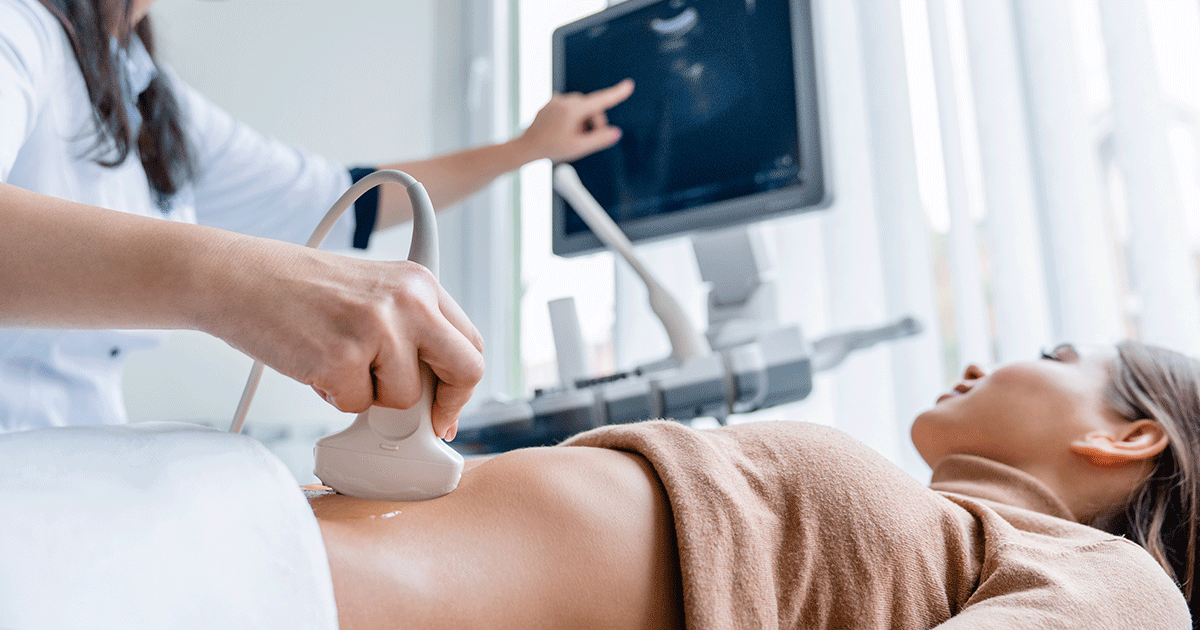STIs and STDs (Sexually Transmitted Infections and Diseases) are a topic you may not want to discuss, but let’s face it, it’s a serious problem.
For example, did you know that 1 in 4 college students have had an STD? And the CDC estimates that 1 in 5 people in the U.S. has an STI. To clarify, an infection becomes a disease when symptoms are present.
With over 66% of new chlamydial infections occurring in youth aged 15-24 years, chlamydia is the most commonly reported bacterial STD among young people.1 Gonorrhea is the second most commonly reported bacterial STD in the United States. More than half of these infections occurring in individuals 15-24 years of age.2
So, let’s start the conversation.
1 - What are Chlamydia and Gonorrhea?
Chlamydia is a bacterial infection transmitted through sexual contact. Gonorrhea (also called the “clap” or “drip”) is a bacterial infection that often co-exists with chlamydia (but not always) and is also transmitted through sexual contact.
These STDs are most commonly spread by having vaginal, oral, or anal sex with someone infected. If your sex partner is male, you can still get chlamydia and gonorrhea even if he doesn’t ejaculate. If you have unprotected sex with somebody infected, you can get that STD again, even if you had a past treatment.
Chlamydia and gonorrhea can have additional consequences if you’re pregnant. Infections can pass through your birth canal to your baby, causing severe issues during childbirth and beyond.
2 - How Will I Feel if I Have Chlamydia or Gonorrhea?
There’s no simple answer to this question. With chlamydia and gonorrhea, there are often no symptoms, especially for women. Some studies estimate that up to 95 percent of women and approximately 90 percent of men with a confirmed infection will not develop symptoms.
Why is it such a big deal if most people don’t have symptoms? Well, this is one of the reasons why chlamydia and gonorrhea are among the most prevalent STDs. These diseases spread rapidly because many people don’t know they have it, so they continue to pass it on, not knowing that they have infected others.
You might wonder how anybody can tell that they have either of these STDs. The fact is, some symptoms can still show up with both of these diseases.
Chlamydia symptoms can start 5-6 days after being infected. In the infrequent event that symptoms exist, a woman could possibly experience painful intercourse, abnormal vaginal discharge, or burning urination. A man may have abnormal discharge from his penis and painful, burning urination.
Gonorrhea in women often goes undetected because they think they have either a mild vaginal or bladder infection. If they have symptoms, they initially include dysuria (meaning it hurts to pee), increased vaginal discharge, or vaginal bleeding between periods. However, women with gonorrhea risk developing severe complications from the infection, regardless of the presence or severity of symptoms.
If men have symptoms of gonorrhea, there is a urethral infection with dysuria or a white, yellow, or green urethral discharge that usually appears 1-14 days after infection. Men with gonorrhea may also complain of testicular or scrotal pain.
Occasionally men and women can experience pain, swelling, discharge, and bleeding from the rectum with chlamydia and gonorrhea.
3 - How Do I Know for Sure That I Have Chlamydia or Gonorrhea?
You have to get tested; there are no other options. You might already be anxious about making that appointment with thoughts running through your head: How will I pay? This is so embarrassing; what if somebody finds out? At Collage, we provide confidential testing and treatment for chlamydia and gonorrhea at no cost to you.³
Being tested for both of these infections is very simple. You’ll meet with a licensed health care professional (LHCP) who will ask you some questions to find out how we can best help you, and then you’ll need to give a urine sample. When we get your results back from the lab (generally 5-7 days) your LHCP will call you with your results and set up a follow up appointment for treatment if you test positive.
4 - What Happens if I Don’t Get Treated for Chlamydia or Gonorrhea?
An STD is not something you should ignore. You’re placing your sexual health and future at risk, as well as any current or future partner’s health. If left untreated, the repercussions can be serious.
With chlamydia and gonorrhea, women are at risk for Pelvic Inflammatory Disease (PID), infertility, and potentially an ectopic pregnancy.
For men, these infections can spread to the tube that carries sperm from the testicles, causing pain and fever. It’s rare but possible that both chlamydia and gonorrhea can prevent a man from being able to have children. In addition, if gonorrhea is left untreated in men, it can spread to the blood and cause Disseminated Gonococcal Infection (DGI). The characteristics of DGI are arthritis, tenosynovitis, and/or dermatitis. This condition can be life-threatening.
5 - Can Chlamydia and Gonorrhea be Treated if I Test Positive?
Thankfully, there is a treatment for both diseases. However, it is crucial that if you do test positive for these STDs, you get medication.
For these treatments to be successful, you need to follow these directions:
- Take all the medication prescribed.
- Don’t have any sexual contact during treatment.
- Don’t have any sexual contact for 7-10 days after completing treatment.
These standards apply to your partner(s) also. You should retest at 3 months if possible but no later than 1 year after being treated.
How Can I Make Sure Not to Get Chlamydia or Gonorrhea?
Most people have heard that wearing a condom during sex will protect you from getting an STD, but condoms aren’t perfect. There’s only one fool-proof way to avoid contracting any STDs. That’s to refrain from having any form of sex until you are in a mutually exclusive relationship with an uninfected partner.
Some people think STDs aren’t a big deal, especially since bacterial STDs like chlamydia and gonorrhea can be treated. We believe otherwise. STDs can cause strains in your relationship, both physically and emotionally. There can also be harsh health consequences if an STD is left untreated.
We’re here to help you if you think you’ve contracted chlamydia or gonorrhea. Feel free to reach out to Collage to continue the conversation.



At Collage, we’ve experienced the restoration of beauty in our own lives, and that compels us to help others seek the beauty within them.
Don’t ever hesitate to contact us.
Site designed and hosted by Tally Creative, Inc.


